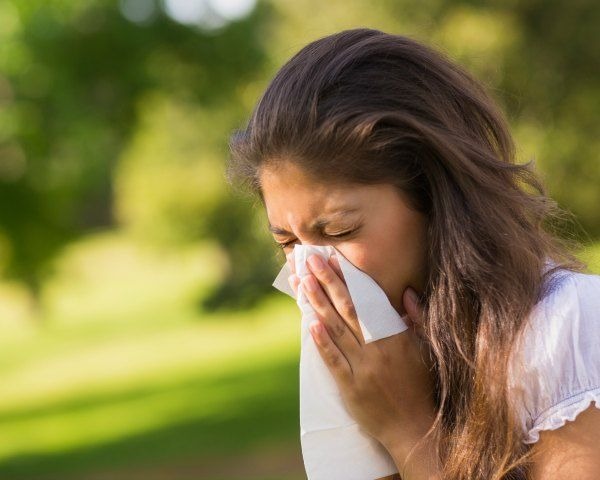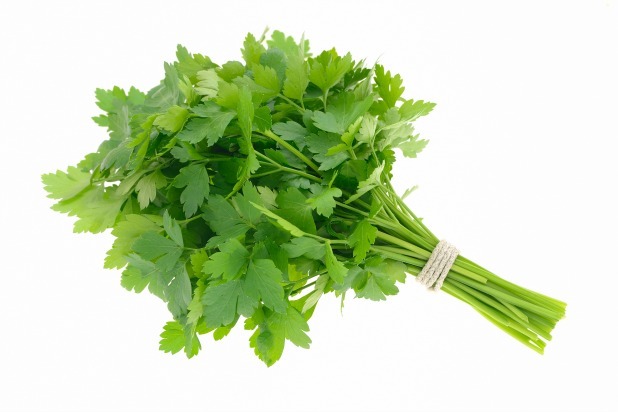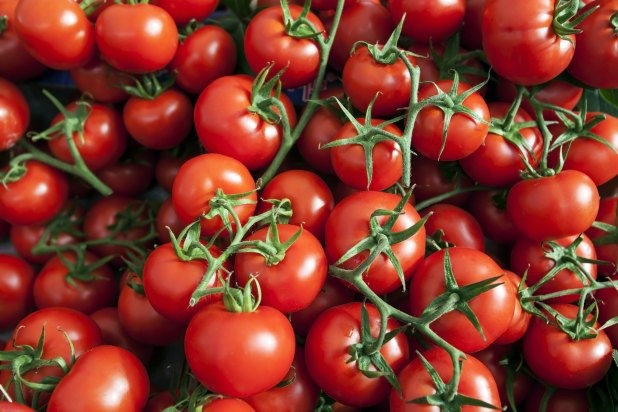Foods To Avoid If You Have Seasonal Allergies
If you can't stop sneezing and your throat feels itchy, you're not alone; according to the American College of Allergy, Asthma, and Immunology more than thirty percent of adults and forty percent of children suffer from these types of seasonal nasal allergies, and that number continues to grow. For many allergy sufferers, the change of season means a trip to the doctor's office or at least refilling a prescription. But what your doctor may not tell you is that some of the most common foods you're eating (or beverages you're drinking), could be making your seasonal allergies worse.
Click here to see the Foods To Avoid If You Have Seasonal Allergies (Slideshow).
Though it may sound strange, studies have shown that certain foods and drinks can affect your seasonal allergies. One of the reasons for this is that some foods and drinks contain histamines, which can both cause or worsen allergies. Many items that are aged, pickled, or fermented have naturally-occurring histamines (the histamines are produced by yeast or bacteria during the fermentation process) and can lead to sneezing, itching, coughing, and headache. If you suffer from seasonal allergies, eating and drinking fermented foods could make your symptoms worse.
In other cases, foods can trigger oral allergy syndrome, a condition that causes pollen-induced allergy-sufferers to experience an itchy mouth or throat after eating certain fruits and vegetables. This happens because some of the proteins found in these fruits and vegetables are related to those found in the pollens that cause the seasonal allergy. The fruits and vegetables to avoid depend on the related pollens; for example those with grass allergies should avoid celery while those with ragweed allergies should avoid zucchini.
If you suffer from seasonal allergies and want to take additional steps to help manage your symptoms, consider avoiding these foods during peak allergy season.
Parsleyparsleyit’s a known cross-reactor
(Credit: Shutterstock)
If you are allergic to tree pollens like alder or birch, you may want to avoid ; meaning it can make your seasonal allergies worse during peak season.
Tomatoesrich in histaminesknown cross-reactor with grass pollens
(Credit: Shutterstock)
Both and a , tomatoes can be a bad choice during peak allergy season. If your symptoms seem to be worsening, you may want to consider avoiding tomatoes.
Originally published on March 10, 2015
Kristie Collado is The Daily Meal's Cook Editor. Follow her on Twitter @KColladoCook.


